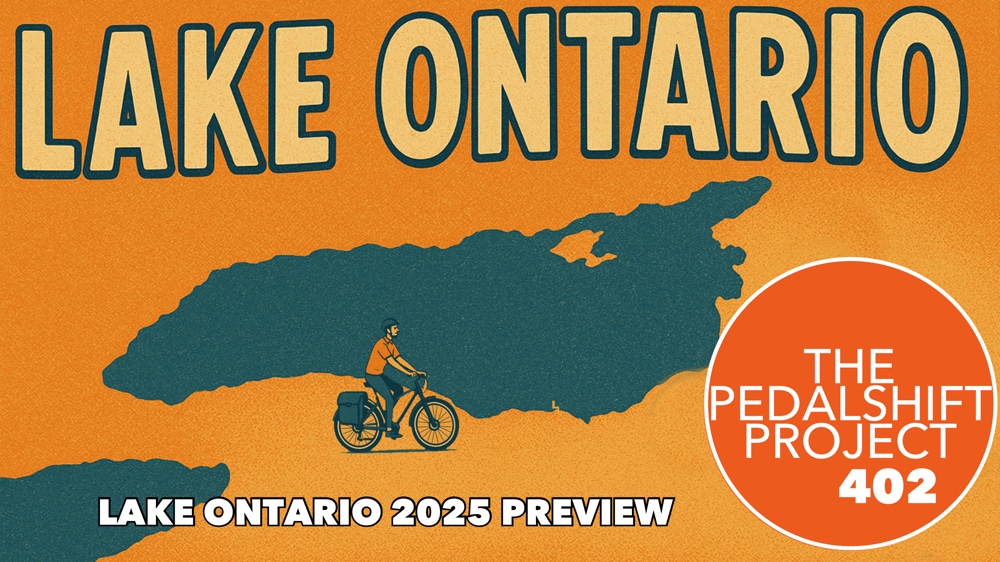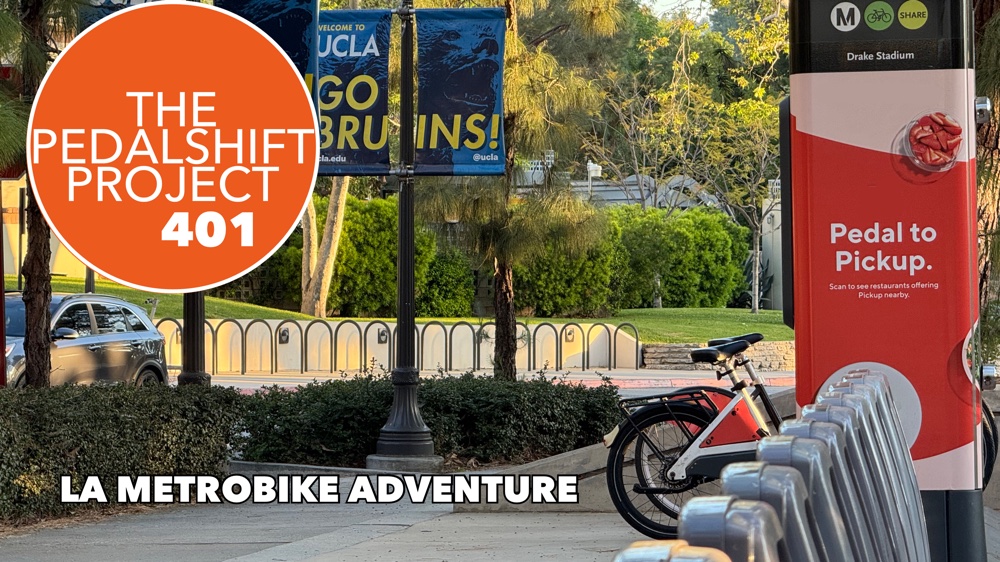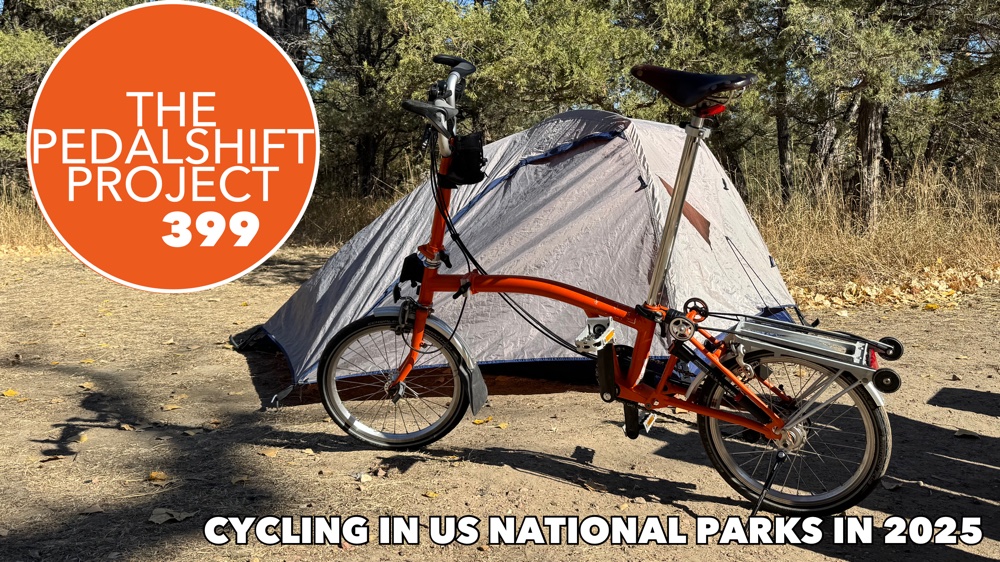On this episode of the Rules of the Game podcast, the second installment of our eight-part series focusing on critical issues, we dive into the latest headlines shaping racial justice and immigrant rights. We’ll explore how nonprofits can play a pivotal role in advocating for change through legislative, executive, and judicial channels. From raising awareness to securing funding for advocacy efforts, nonprofits across the nation are stepping up in the fight to protect our rights. This episode not only highlights their impactful work but also provides crucial insights into the rules and regulations that govern nonprofit advocacy in the ongoing struggle for racial justice and immigrant rights.
Attorneys for this episode
Monika Graham
Brittany Hacker
Quyen Tu
Current Events/EOs:
· Trump Administration Cuts Funding for Unaccompanied Immigrant Children, essentially terminating the UAC Program
o UAC Program Responsibilities:
§ Ensuring that the interests of the child are considered in decisions related to care and custody
§ Ensuring, to the greatest extent practicable, that all unaccompanied alien children in custody have access to legal representation or counsel
§ Releasing UAC to qualified sponsors and family members who are determined to be capable of providing for the child’s physical and mental well-being
o The Fallout:
§ Impacts the work of 100 plus legal service providers
§ RAICES 199+ employees laid off
§ Interfaith Ministries of Greater Houston 101 employee layoffs
§ Catholic Charities Tarrant County 169 employee layoffs
§ Catholic Charities Houston/Dallas 180 employee layoffs
§ Over 26, 000 children left without legal representation
§ Immigration court backlog includes about 3.5 million cases
· Attacks on Diversity, Equity, and Inclusion
o Trump’s order to investigate around 350 philanthropic organizations holding combined assets of $900B due to their DEI programs.
o Funders’ responses: Some have remained steadfast in their commitment, while others have backed down.
o Context to understand the broader tension:
· A surge in commitment to racial equity following the murder of George Floyd by police in 2020.
· SCOTUS ruling in June 2023: The Supreme Court deemed race-conscious admissions policies at Harvard and UNC unconstitutional in the Students for Fair Admissions case, effectively ending affirmative action in college admissions.
· In response to SFFA, in August 2023, the American Alliance for Equal Rights sued Fearless Fund, alleging its grant program for Black female entrepreneurs was racially discriminatory. The 11th Circuit Court halted the program during litigation, and Fearless Fund settled in September 2024, ending the program. As a result, grants or contracts restricted to a specific race may now violate federal law.
o Government and private sector DEI offices and programs have shut down.
o Numerous lawsuits are pending, creating additional legal uncertainty.
o Chilling effect already unfolding, with widespread chaos and uncertainty.
· Executive Orders (10 in the first 7 days)
o Ended humanitarian parole for immigrants from Cuba, Haiti, Venezuela, and Nicaragua, forcing those legally allowed into the U.S. to leave.
o Attempt to end birthright citizenship.
o Ramp-up of deportations, expanding the list of individuals prioritized for removal.
o Paused the refugee resettlement program, capping it at the lowest level in 40 years.
o Ongoing challenges: Many policies have been paused or are currently being contested in the courts.
o Impact on individuals: Deportations of student visa holders detained by masked individuals, and the arrest of Legal Permanent Residents (LPRs) based on their involvement in Free Palestine movements.
o Deportations to El Salvador without due process for immigrants alleged to be gang members—based solely on tattoos.
o Wrongful deportation: A Maryland man was deported to El Salvador despite a court order prohibiting his deportation. Authorities claim it was an administrative error, with no legitimate reason for his arrest, detention, or removal. Even DOJ lawyers have expressed confusion about why the administration isn’t bringing him back, despite being ordered to return him by midnight tonight.
o Shocking incompetence: The lack of diligence and understanding of the human impact of these policies is alarming.
Advocacy
· Executive Order Advocacy:
o 501(c)(3) compliant, safe, nonpartisan, non-lobbying advocacy activity (keeping in mind that other federal, state, and local regulations may apply)
o Track and communicate EOs, assist immigrant communities in understanding their implications, and help prepare through targeted social media campaigns
o Develop a preparedness plan for potential ICE actions at your nonprofit, ensuring the safety and rights of those involved
· Fund Advocacy:
o General support grants provide funding that is not earmarked for a particular purpose and can be used at the discretion of the recipient organization to advance their mission and cover operating costs.
o Specific project grants: Private foundations must review the grantee’s project budget and may award up to the non-lobbying portion. Funds must be used exclusively for the designated project.
o Note: Public foundations that have made the 501(h) election may follow the same general support and specific project grant rules that apply to private foundations, and these grants should not be considered a lobbying expenditure by the foundation, even if the recipient public charity spends the grant funds on lobbying
· Public Awareness:
o Amplify the voices of unaccompanied children through powerful storytelling campaigns that humanize their experiences and bring attention to their plight.
o Conduct in-depth research on the impact of funding cuts, highlighting how these reductions are affecting the lives of vulnerable children, and share these findings publicly to increase awareness.
o Actively engage with your community by hosting events, discussions, or social media campaigns that educate the public on current issues surrounding unaccompanied immigrant children and provide actionable ways they can advocate for meaningful change.
Lobbying
· Tax Code Lobbying 101: Public charities can engage in lobbying! Ensure you track and report all local, state, and federal lobbying activities while staying within legal limits.
· Host a Lobbying Day: Organize a dedicated event, like AILA’s National Day of Action, to mobilize supporters and advocate for critical issues.
· Engage in Ballot Measure Work: Actively participate in ballot measures to influence public policy decisions at the local or state level.
· Remember:
o State/local level lobbyist registration and reporting requirements may apply when engaging in legislative and executive branch advocacy.
o Ballot measure advocacy could implicate state/local campaign finance and election laws.
Resources
· Race and Equity: The Advocacy Playbook for Racial Justice and Immigrant Rights
· The Impact of Government Funding Cuts on Unaccompanied Children and the Role of Nonprofits in Fighting Back
· Public Charities Can Lobby
· Practical Guidance: What Your Nonprofit Needs to Know About Lobbying in Your State
· Investing in Change



![The Pedalshift Project 400: Celebrating 400 Episodes [Live]](https://pedalshift.net/wp-content/uploads/2025/04/pedalshift-400-celebrating-400-episodes-live.jpeg)
